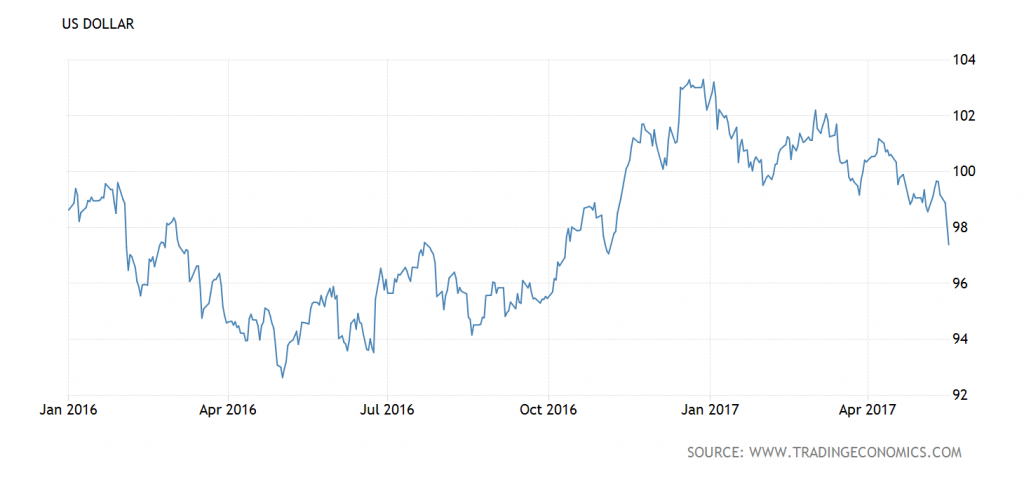Today we are pleased to present a guest contribution written by Cécile Couharde (EconomiX-CNRS, University of Paris Nanterre), Carl Grekou (CEPII), Anne-Laure Delatte (CEPII, EconomiX-CNRS and CEPR), Valérie Mignon (EconomiX-CNRS, University of Paris Nanterre and CEPII) and Florian Morvillier (EconomiX-CNRS, University of Paris Nanterre).
The widening and persistence of current account disequilibria at the international level have refocused real exchange rate distortions at the core of international debates. What are the exchange rate adjustments needed to correct excessive imbalances? How to assess whether a currency is fundamentally misaligned, i.e. under- or over-valued? We introduce a new database, EQCHANGE, which includes nominal and real effective exchange rates, as well as equilibrium real effective exchange rates for more than 180 countries from 1973 onwards. It represents the longest and largest publicly available database on equilibrium exchange rates and corresponding misalignments.
